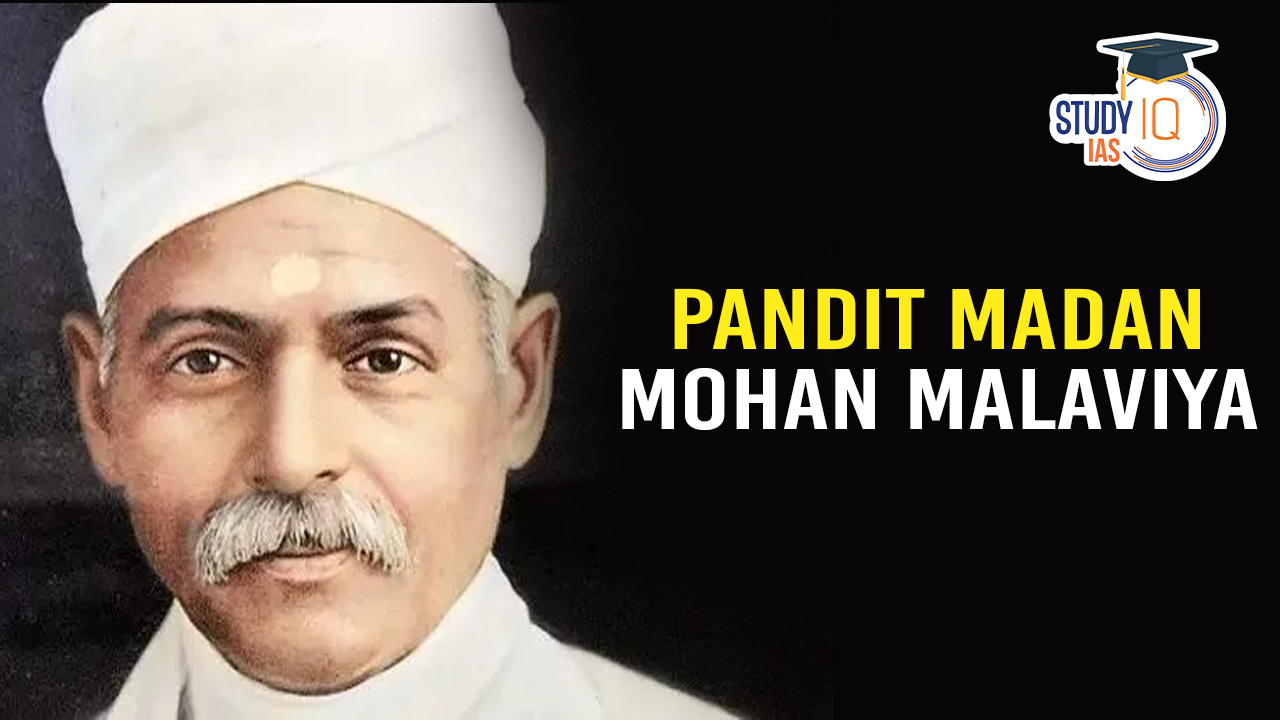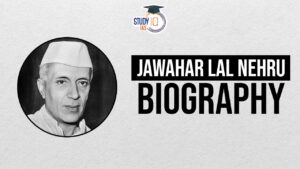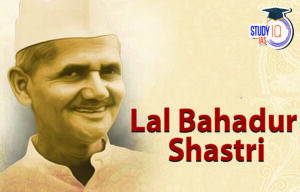Table of Contents
Pt. Madan Mohan Malaviya, often referred to as ‘Mahamana’, was an eminent freedom fighter, educationist, and social reformer. Born on December 25, 1861, in Allahabad (now Prayagraj, Uttar Pradesh), Malaviya made significant contributions to India’s independence struggle, education, and social issues.
Early Life and Education
Pandit Madan Mohan Malaviya was born on December 25, 1861, in Allahabad (now Prayagraj), Uttar Pradesh. His father, Pandit Brij Nath Malaviya, was a well-known scholar and his mother, Lakshmi Devi, instilled in him values of education and social service. Madan Mohan Malaviya completed his early education at Allahabad and later went to Calcutta (Kolkata), where he studied at the Calcutta University.
Role in Freedom Struggle
Pandit Malaviya was an active participant in the Indian freedom struggle and was deeply committed to India’s independence from British colonial rule. He played a critical role in the Indian National Congress and was known for his moderate approach to politics. He tried to bridge the gap between the moderates and extremists within the Congress.
- Salt Satyagraha and Civil Disobedience Movement (1930): Malaviya supported Mahatma Gandhi’s initiatives like the Salt Satyagraha and was arrested during the Civil Disobedience Movement for protesting against the British government.
- Indian National Congress: He was elected as the President of the Indian National Congress four times (1909, 1918, 1932, and 1933) and was a key leader during the formative years of the national movement.
- Advocacy for Social Reforms: Apart from his political work, he also advocated for social reforms. He was a strong proponent of Hindu-Muslim unity and emphasized the importance of social harmony for the progress of the nation.
Contributions to Education
Pandit Malaviya is perhaps best known for his immense contributions to education. His efforts to promote education were deeply rooted in his belief that knowledge and moral character are the key to building a strong and prosperous nation.
- Banaras Hindu University (BHU): In 1916, Malaviya founded the Banaras Hindu University (BHU) in Varanasi, which became one of the most prestigious universities in India. It played a major role in the promotion of Indian culture, education, and scientific research. BHU became a center for academic excellence and social reform.
- Promotion of Hindi: Malaviya worked tirelessly to popularize Hindi as a medium of education and communication. He introduced Devanagari script in British-Indian courts and supported Hindi as the national language, uniting people across regions.
Social and Religious Reforms
Pandit Malaviya was deeply concerned with social and religious issues. He believed in reforming society through education and social justice.
- Anti-Caste Movement: He was expelled from the Brahmin community due to his criticism of caste discrimination and the Brahmanical patriarchy that he believed hindered social progress.
- Ganga Mahasabha: In 1905, Malaviya founded the Ganga Mahasabha, an organization dedicated to protecting the Ganges River, which he considered sacred. He feared the British would attempt to dam the Ganga at Bhimgoda in Haridwar, and he campaigned to preserve its sanctity.
Journalistic Work
As a journalist, Malaviya was passionate about using the media to promote national consciousness. He founded and edited several newspapers and magazines in both Hindi and English.
- Abhyudaya (Hindi weekly, 1907) became a daily in 1915.
- Maryada (Hindi monthly, 1910).
- The Leader (English daily, 1909).
- He also worked with prominent newspapers like Hindustan and Indian Union.
Legacy and Recognition
Pandit Madan Mohan Malaviya’s contributions to India were not just limited to politics and education; he had a lasting impact on Indian culture and society.
- Bharat Ratna: In 2014, Pandit Malaviya was posthumously awarded the Bharat Ratna, India’s highest civilian honor, in recognition of his unparalleled contributions to education and the nation.
- Mahamana Express: The Indian Railways named the Varanasi-New Delhi Mahamana Express in his honor in 2016.
Death
Pandit Madan Mohan Malaviya passed away on November 12, 1946, at the age of 84, leaving behind a monumental legacy in the fields of education, social reform, and nationalist politics.
Legacy
Pandit Madan Mohan Malaviya is remembered as a visionary leader who contributed immensely to Indian education, freedom and social reform. His establishment of Banaras Hindu University continues to be his greatest contribution to Indian society, and his work in promoting Hindi and national unity has left a lasting impact. He remains an iconic figure in India’s journey towards independence, social equality, and education reform.


 Birsa Munda Birth Anniversary 2025: Life...
Birsa Munda Birth Anniversary 2025: Life...
 Jawahar Lal Nehru Biography: Celebrating...
Jawahar Lal Nehru Biography: Celebrating...
 Lal Bahadur Shastri Jayanti 2025: Rememb...
Lal Bahadur Shastri Jayanti 2025: Rememb...

























